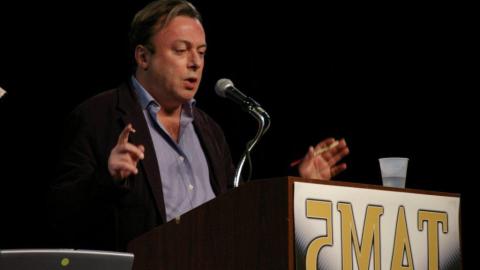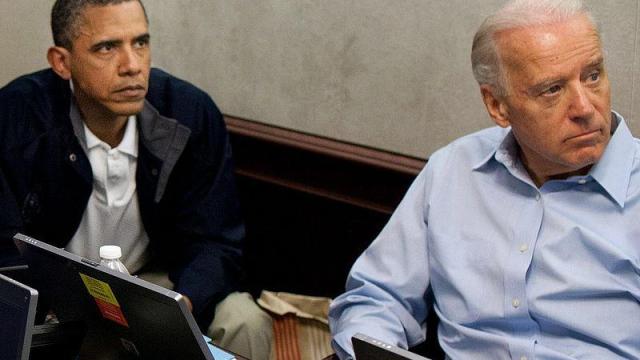The Moral Leadership of Christopher Hitchens

What’s the Latest Development?
Christopher Hitchens has died at the age of 62 from oesophageal cancer. The outpouring of sorrow that followed his passing, from corners as diverse as the arguments he made during his life, demonstrates the near-universal appeal of his conscientious critique of modern politics. Hitchens’ writings were a result of his experiences, much like the Enlightenment thinkers he would defend in the face of religious institutions. His political persuasions swung from Trotskyism to something akin to neoconservatism in his support of the Iraq war.
What’s the Big Idea?
An indefatigable essayist, perhaps his biggest success came with his last book: God Is Not Great, an attack against religious institutions that put him in the company of Richard Dawkins. But Hitchens remains in a class of his own for his work ethic, famously lubricated with drink, his wit, his ability to form lasting friendships and, most importantly, his willingness to engage in responsible moral argument at length. His brand of polemics was little more, but nothing less, than the ability to make subtle conclusions from plain facts.





